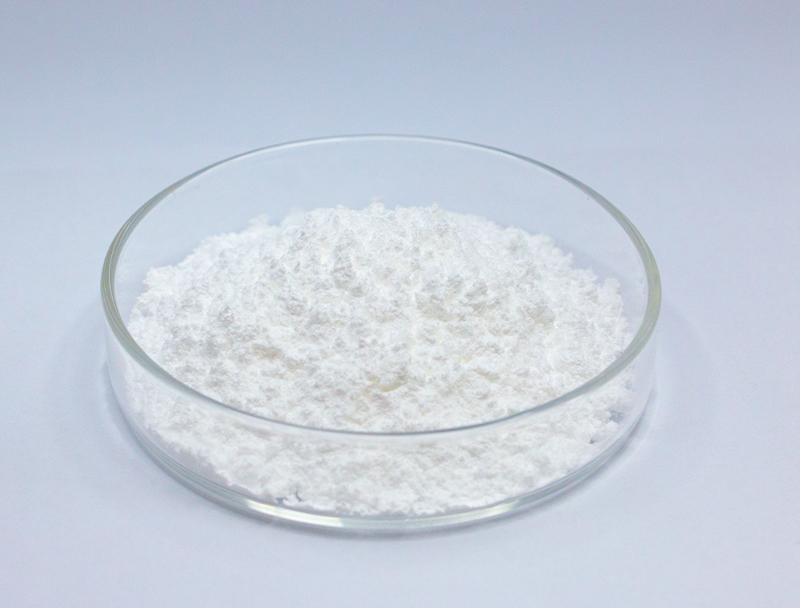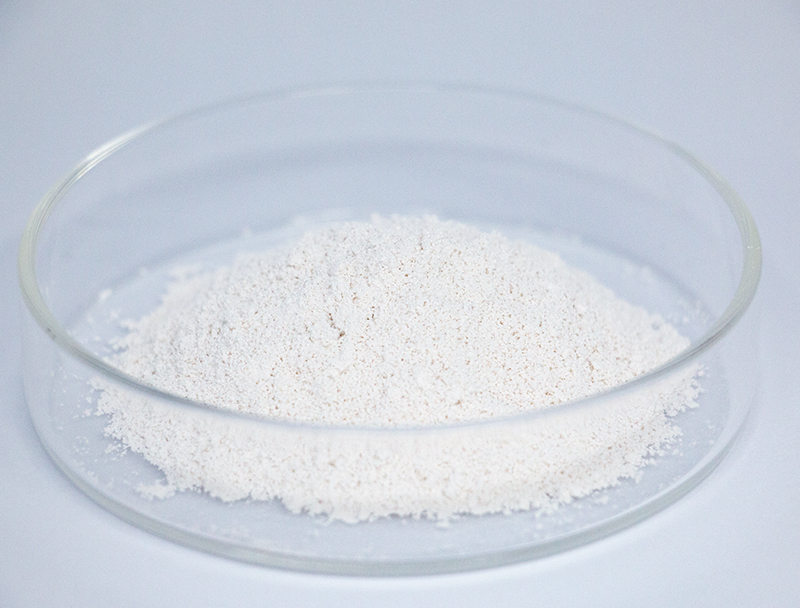
Large-scale bioproduction hinges upon a vast array of primary inputs for fabricating next-generation bio-products.
Guaranteeing continuous ethical sourcing of resources is indispensable to sustainable success and conscientious scaling.
numerous problems stemming from established sourcing methods including carbon-intensive impacts and resource exhaustion. Hence, stakeholders must deploy sustainable supply practices to minimize environmental costs.
- Illustrations of eco-conscious sourcing involve:
- Applying circular feedstocks from post-harvest streams
- Deploying circular process designs to reduce discard and boost reuse
- Working with community-based suppliers that follow ethical standards
Transitioning to green supply models secures ecological benefits and economic upside.
Optimizing Biomass Feedstocks for Enhanced Biofuel Production
Optimizing biofuel yields depends strongly on feedstock quality and makeup. Researchers repeatedly investigate innovative methods to enhance feedstock potential, leading to higher yields of biofuels and a more sustainable energy future. Tactics include molecular breeding to increase biomass and chemical or physical pretreatments to release sugars.
- Moreover, investigations target novel feedstocks like microalgae, municipal residues, and field residues to widen the pool of renewable biomass for biofuel use.
- Via sustained research the industry stands ready to accomplish considerable improvements that enable a greener energy transition.
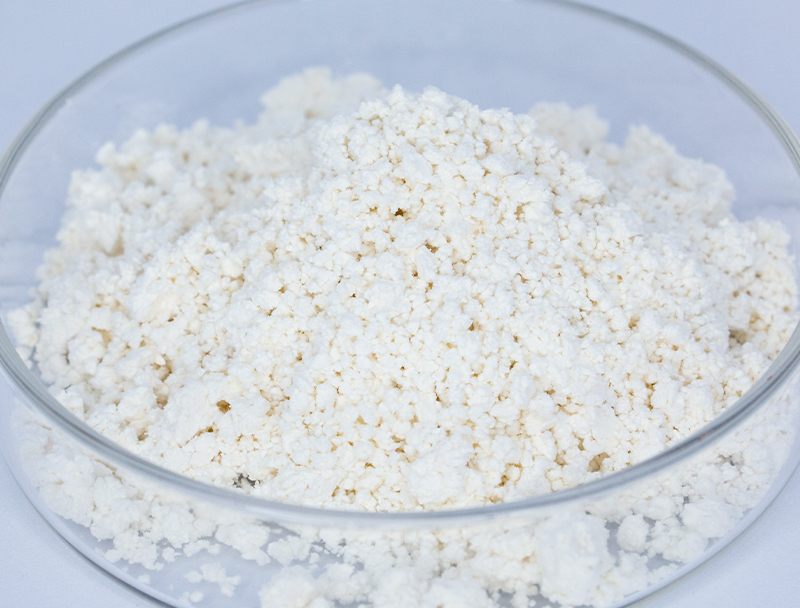
Optimizing Early-Stage Biomanufacturing Processes
represents the initial stages of biopharmaceutical manufacturing, encompassing all steps from cell culture and cell harvesting Contemporary breakthroughs have refined protocols and elevated product throughput.
Key advancements include the utilization of novel cell lines, optimized culture media formulations, and intelligent bioreactor designs. These developments raise yield and cut costs as well as diminish environmental consequences.
- Likewise, the move to continuous systems facilitates better adaptability and streamlined upstream production.
- This shift towards more sophisticated biopharmaceutical manufacturing methods promises to revolutionize the industry and pave the way for faster development of novel therapeutics.

CRISPR and Beyond: Improving Biopharma Production
developments in targeted genetic engineering methodologies have modernized drug manufacturing. Using precise gene interventions, engineers raise the output of key therapeutic proteins. Such strategies offer promise to create cost-effective, high-efficiency therapeutics across many disease areas.
Microbial Approaches to Effective Bioremediation
innovative solutions for sustainable bioremediation, a critical process for addressing environmental pollution. Specialized microbes can enzymatically degrade pollutants to reduced-toxicity products.. Tapping into these capabilities enables green remediation tactics to restore ecosystems affected by industrial contamination.. Study groups probe microbial metabolic diversity to tackle metals, persistent pesticides, and hydrocarbon spills.. These microorganisms can be employed in bioreactors or directly at contaminated sites, promoting the breakdown of pollutants through biodegradation processes..
Employing microbial strategies for remediation provides multiple benefits versus traditional techniques. These methods are economical and eco-conscious while reducing hazardous secondary waste. Additionally, microbial tactics can target contaminants selectively while preserving surrounding ecological systems. Research progresses swiftly to enhance microbial remediation efficiency and practical effectiveness.
Bioinformatics Tools Transforming Drug R&D
Informatics platforms are essential to current drug discovery and development pipelines. From identifying potential drug candidates to optimizing their efficacy and safety, bioinformatics enables a more efficient and data-driven approach.
- By parsing huge omics and clinical databases, bioinformaticians detect targets and estimate therapeutic responses.
- Also, in silico modeling of molecular interactions accelerates optimization toward more selective therapeutics.
- Finally, bioinformatics is revolutionizing the drug discovery and development process, accelerating the time to bring safe and effective treatments to patients in need.
Metabolic Design Approaches to Boost Bioproduct Yields
applies assorted techniques to boost microbial synthesis of valuable compounds. These strategies can involve genetic modifications to optimize metabolic pathways, regulation of gene expression, and the introduction of novel genes to confer new capabilities.. Through careful adjustment of metabolic routes engineers can markedly elevate product titers.
This wide-ranging tactic can overhaul industries spanning medicine, agriculture, and energy production.

Barriers and Benefits When Expanding Biopharmaceutical Manufacturing
Commercializing biopharma production involves significant constraints and promising benefits. Preserving batch-to-batch quality when scaling up is a key Sialic Acid challenge. This requires robust process control, precise monitoring, and sophisticated analytical techniques.
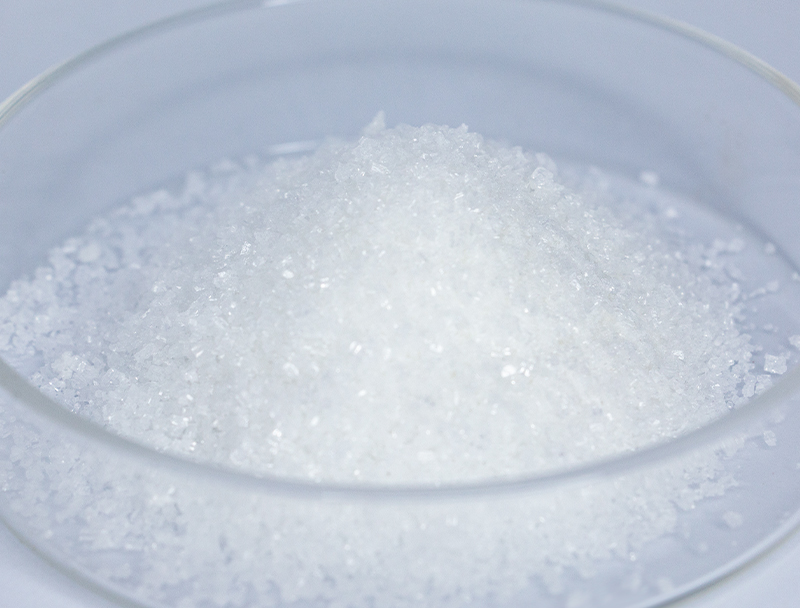
Additional complexity arises because biopharma production entails many coordinated stages.. Optimizing these processes for large-scale production can be a complex undertaking, requiring extensive research and technological innovation.. However, the potential rewards are substantial. Achieved scale can widen availability of treatments, lower manufacturing costs, and boost financial returns.
A series of measures are underway to confront these obstacles. Programs comprise advanced optimization systems, real-time process monitoring tools, and innovative production strategies.
- R&D initiatives significantly drive enhancements in manufacturing capacity.
- Authorities are revising processes to enable faster clearance of manufacturing innovations and encourage progress.
Charting Regulatory Pathways for Biologics to Safeguard Patients
The development of biopharmaceuticals is a complex process that requires stringent regulatory oversight to ensure both patient safety and product efficacy. Biologically based treatments require tailored oversight and production controls beyond those for typical medicines.
Bodies like FDA and EMA shape the regulatory landscape and set benchmarks for evaluating innovative therapies..
Rigorous testing protocols are mandatory throughout the development lifecycle, from pre-clinical research to post-market surveillance.. These steps are designed to surface risks and verify that biopharmaceuticals comply with elevated safety thresholds..
Similarly, regulators iteratively adjust approaches to accommodate emerging biopharmaceutical breakthroughs.. Actions include accepting new technologies and streamlining development channels while safeguarding patient health.
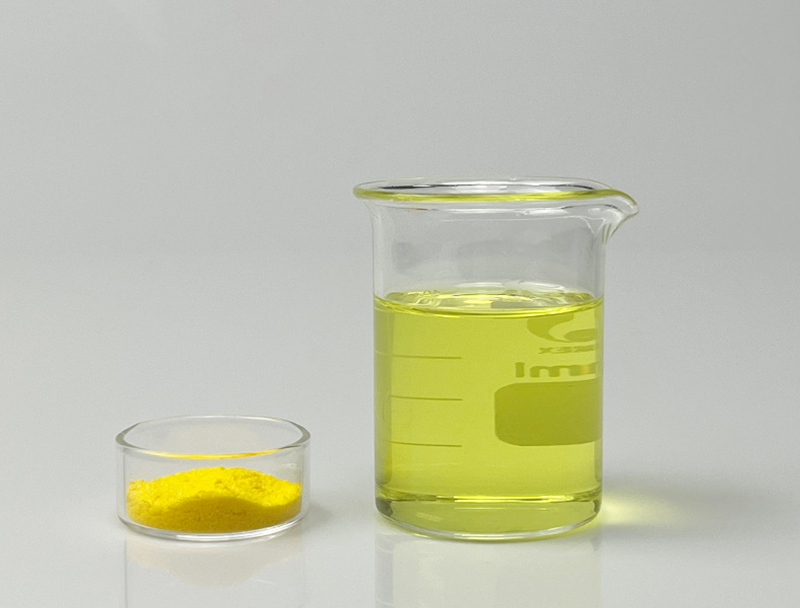
Evaluating Plant Biomass for Bioplastic Production
The rising demand for eco-friendly materials fuels R&D on bio-based alternatives. Among these, bioplastics, produced from plant-derived biomass feedstocks, offer a promising avenue towards a greener future. Materials such as starch from corn, cellulose pulp, and sugarcane biomass are convertible into biodegradable polymers that lower plastic waste concerns.
Furthermore, these bioplastics often possess comparable properties to their petroleum-based counterparts, making them suitable for a wide range of applications.. Sustained research efforts are necessary to optimize plant feedstocks for mass bioplastic production and enable circularity.
Biotech Contributions to Global Health and Crop Productivity
Biotech innovations hold promise to dramatically impact health and the reliability of food systems. By harnessing genetic engineering, synthetic biology constructs, and advanced cell therapies, technologists deliver capabilities to reduce disease burden, raise crop outputs, and increase food value. For example, engineered crops with pest resistance and stress tolerance can increase yields while lowering pesticide use.. Likewise, biotechnology enables new vaccines, novel therapeutics, and improved diagnostics essential to global disease mitigation and better health.. As the field evolves, biotechnology is expected to play a pivotal role in shaping a healthier and environmentally sustainable future for all.
